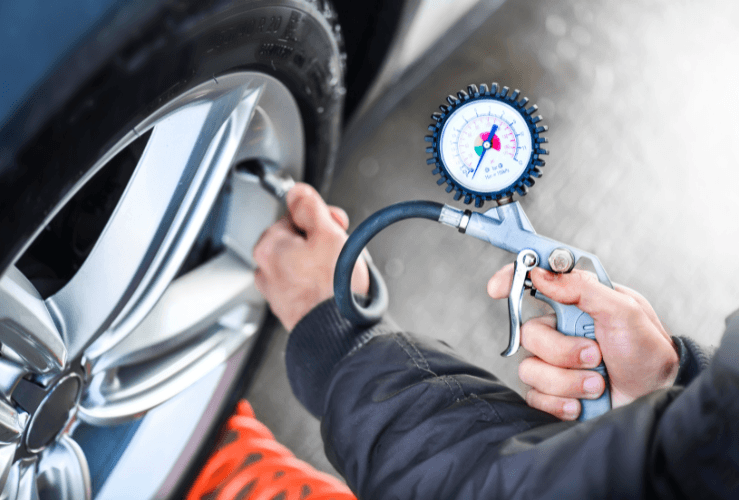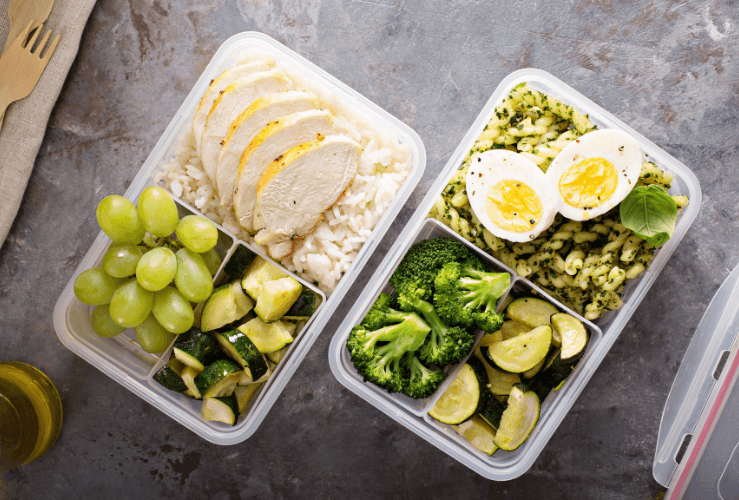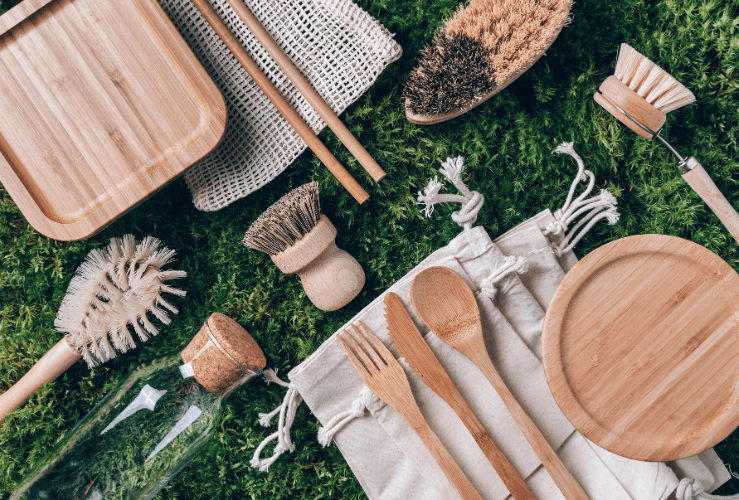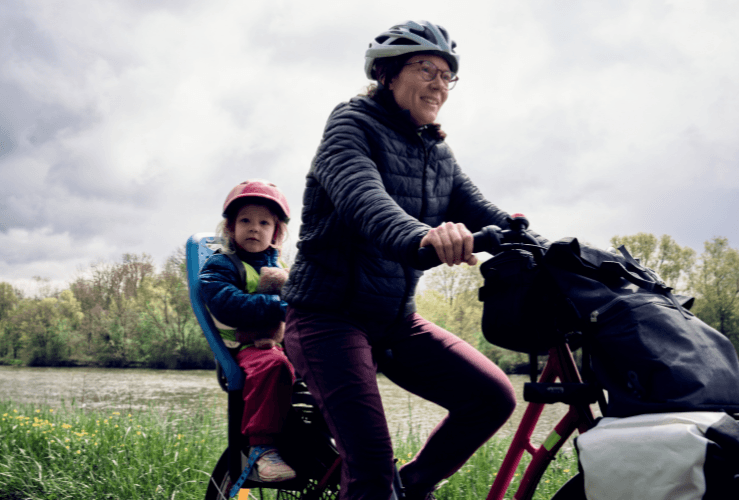Planning a family road trip and want to minimise your impact on the environment?
If so, you're not alone; many Britons are increasingly concerned about climate change.
In a recent UK YouGov survey, 68% of respondents said they were worried about climate change and its effects - a phenomenon also known as 'eco-anxiety'.
Thankfully, there are some easy ways to reduce your impact on the environment during your next road trip - whether you're travelling by car or campervan, and whether you're road tripping in the UK or mainland Europe.

Travel light
The heavier your vehicle, the more fuel (or charge) it will consume. With this in mind, only pack the items and supplies you need.
For example, there's no need to bring gallons of water if you can top-up along the way, at your destination, or at your accommodation.

Get your vehicle serviced
Vehicles with under-inflated tyres or sub-par shock absorbers or brakes will consume more fuel.
Ensure your vehicle is in tip top condition before you set out; you'll be helping the environment, improving safety, and saving money.
Plan your route carefully
Take the most efficient route possible to reduce fuel use.
Of course, sometimes the more circuitous route is the more scenic - but it's something to bear in mind.
Additionally, careful planning should help you avoid getting lost - which invariably increases fuel consumption, and is stressful to boot!
Drive gently
Sharp acceleration, heavy braking, and late shifting can all increase fuel/electricity consumption. Instead, drive gently, smoothly and evenly.
Additionally, tearing around country lanes can be bad for wildlife in the ultimate sense!

Pack home-made meals and snacks
Making your own sandwiches or meals will reduce packaging waste and help you avoid costly stops at motorway service stations.
If you’re away for several days, aim to book accommodation with food preparation facilities, so you can easily make the next day’s food.
Snacks are also a big part of any road trip - especially if you’re travelling with kids. Consider making your own snacks and keeping them in repurposed takeaway tubs.
By avoiding buying snacks as you go, you’ll reduce waste - and cost. Bulk buying items like nuts can also save you cash.
Bring along towels and napkins for cleaning up mess
Reduce paper waste by taking your own towels and fabric napkins to clean up any mess. These can be washed when you return home. And when eating out, be sure to pick up any excess paper towels for later use - since these are likely to be thrown away by staff anyway.
Minimise water consumption
A big part of being eco-conscious is using water sparingly - especially in the height of summer when water resources can be under pressure.
Take shorter showers, and when doing the dishes clean the greasiest items first, and finish with the least dirty.

Cut out plastic waste
Avoid single-use plastics by taking your own reusable coffee cups, bamboo/steel cutlery, and of course, reusable shopping bags.
Love your family coffee shop visits? Why not patronise cafes that allow you to use your own reusable mugs?
Respect the environment and take your litter with you
If you plan to enjoy the countryside on your next road trip, keep to marked paths to reduce soil erosion, close gates behind you to keep the livestock where it's meant to be, and take any litter with you. Don't light fires, and only have BBQs in permitted areas.
Choose eco-friendly accommodation
If possible, choose accommodation that operates in a low-carbon way - and benefits the local community.
If you really want to reduce your carbon footprint, consider camping: alongside campsites, you might try wild camping, which is legal in Scotland and parts of Dartmoor, Devon (and in many parts for France and Spain). And naturally, you should ensure your campsite is left as you found it.

Explore the area on zero or low-carbon transport
Once you've reached your accommodation, aim to explore the local area on foot, by bicycle, or on public transport - rather than travelling in your own vehicle. You'll reduce fuel consumption, air pollution - and save money on parking.
Moving around under your own steam (think hiking and cycling) also has obvious health benefits and will enhance your enjoyment.
Eat local
Locally produced food has a much lower carbon footprint than foodstuffs from overseas or the other end of the country.
Aim to buy and eat local produce whenever possible. Aside from the joy of experiencing the local specialities, you'll also be benefiting the local economy.
Use nature-kind shampoos, soaps and washing-up liquid
Many personal cleaning products and washing up liquids contain surfactants and other chemicals that can harm the environment. Opt for eco-friendly alternatives instead.
If you're enjoying a coastal road trip and plan on taking a dip, aim to use eco-friendly sunscreen. If you're heading overseas where coral may be present, consider a reef-safe sunblock product.
Don’t let cleaning products enter local streams, rivers, or lakes, where it could harm the local flora and fauna.




